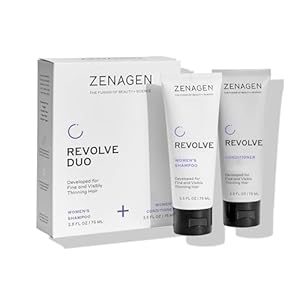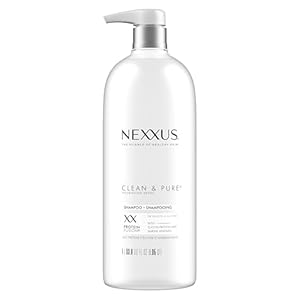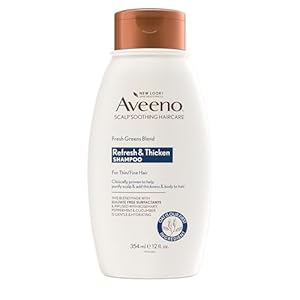
When faced with the decision of natural versus synthetic haircare products, it can be a perplexing choice. Your hair, being unique, requires a tailored approach to care. Natural products boast gentle, nourishing components, ideal for those seeking a holistic approach. Conversely, synthetic products offer longevity and customization, catering to specific hair needs. The dilemma lies in determining which factors weigh more heavily for your hair’s well-being and your desired outcomes. The path to choosing the best option is a nuanced journey, one that considers both the science and art of haircare.
Pros and Cons of Natural Products
When choosing natural haircare products, you can expect to experience both advantages and disadvantages.
On the plus side, natural products often contain fewer harsh chemicals, making them gentler on your hair and scalp. These products are typically formulated with ingredients like plant oils, herbal extracts, and essential oils, which can provide nourishment and hydration to your hair. Additionally, natural haircare products are usually more environmentally friendly as they’re biodegradable and less harmful to aquatic life when they go down the drain.
However, there are some drawbacks to consider. Natural haircare products may have a shorter shelf life compared to their synthetic counterparts due to the absence of certain preservatives. This means you may need to use them up more quickly to prevent them from expiring. Furthermore, natural products can sometimes be pricier than synthetic alternatives, as sourcing high-quality natural ingredients can be more costly. It’s essential to weigh these pros and cons carefully to determine if natural haircare products are the right choice for you.
Benefits of Synthetic Haircare Products
Synthetic haircare products offer a range of benefits, including extended shelf life and affordability compared to natural alternatives. These products are formulated with preservatives that help prolong their usability, making them a convenient choice for those who prefer to stock up on haircare items or have a simpler routine.
Additionally, synthetic haircare products often come at a lower price point than their natural counterparts, making them more accessible to a wider range of consumers with varying budgets. The affordability of synthetic products allows individuals to experiment with different types of hair treatments without breaking the bank.
Moreover, synthetic ingredients can be customized to target specific hair concerns, such as frizz control or volumizing properties, providing tailored solutions for diverse hair needs. Overall, the benefits of synthetic haircare products make them a practical option for individuals looking for cost-effective solutions that can address a variety of hair care requirements.
Considerations for Hair Type
Considering your hair type is crucial when selecting the most suitable haircare products for your specific needs and preferences. Different hair types require different care to maintain their health and appearance.
If you have oily hair, you should opt for lighter products that won’t weigh your hair down or make it greasier. For dry hair, look for moisturizing ingredients like oils and butters to nourish and hydrate your strands.
Curly or textured hair benefits from products that provide moisture, define curls, and combat frizz. Fine or thin hair may need volumizing products that add body without weighing it down. Color-treated hair requires products designed to protect the color and prevent fading.
Understanding your hair type—whether it’s oily, dry, curly, fine, or color-treated—will help you narrow down your options and choose the best haircare products to keep your locks looking their best.
Making the Right Choice
To make the right choice in selecting haircare products, evaluate your specific hair needs and preferences based on your hair type. Consider whether your hair is dry, oily, curly, straight, colored, or chemically treated.
For dry hair, look for moisturizing ingredients like coconut oil or shea butter in natural products, while synthetic products may contain silicones for added hydration.
If you have oily hair, opt for clarifying shampoos with ingredients like tea tree oil in natural products or sulfates in synthetic options.
Curly hair benefits from natural products with ingredients like argan oil for definition and moisture, while synthetic products may offer silicones for frizz control.
Straight hair can benefit from lightweight formulas found in natural products, like aloe vera, to prevent weighing down, while synthetic products may provide added shine with silicones.
Colored or chemically treated hair requires gentle care, and natural products with plant-based extracts can help maintain color vibrancy, while synthetic products may contain UV filters for protection.
Trending Products














